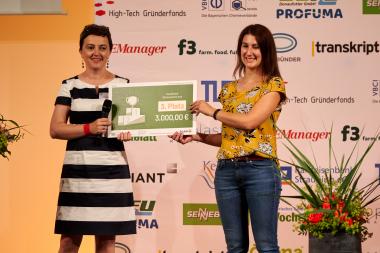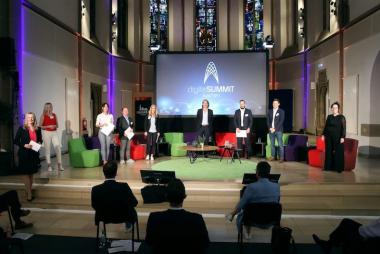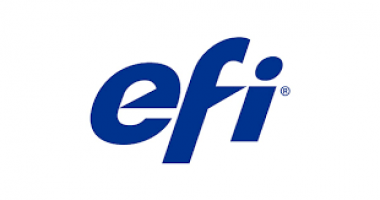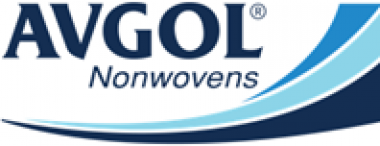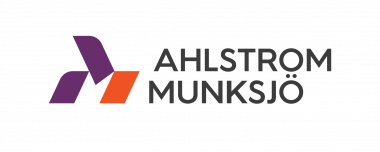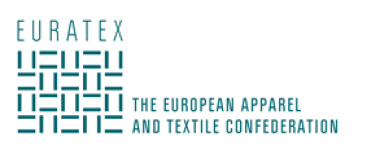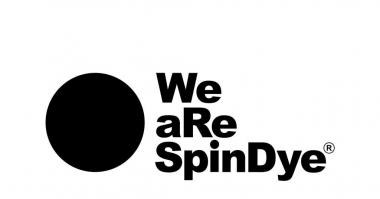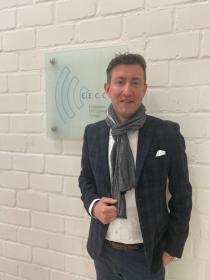Kelheim Fibres presents award at “Plan B” start-up competition
For the fourth time, the international start-up competition "Plan B - Biobased.Business.Bavaria." organised by BioCampus Straubing honoured the best new business ideas in the field of biobased solutions.
Dr Crnoja-Cosic, Director New Business Development, and Matthew North, Commercial Director, represented Kelheim Fibres at the award ceremony. The manufacturer of special viscose fibres has been working with the BioCampus Straubing for many years and is a supporter of the competition, this year as prize sponsors. In this capacity, Dr. Crnoja-Cosic congratulated the newly founded team of Microbify GmbH on their third place and presented them with a cheque for 3,000 Euros. As a spin-off from the University of Regensburg, Microbify works, among other things, on the use of old natural gas storage facilities for the production of green natural gas using extremophilic microorganisms.
Driving the change from a fossil-based to a bio-based economy is a declared goal of Kelheim Fibres - their speciality fibres replacing fossil materials in more and more applications. To this end, the fibre manufacturer seeks inspiration and exchange within its own industry as well as with innovation partners from outside the industry, start-ups and science in an open innovation approach.
Kelheim Fibres GmbH


